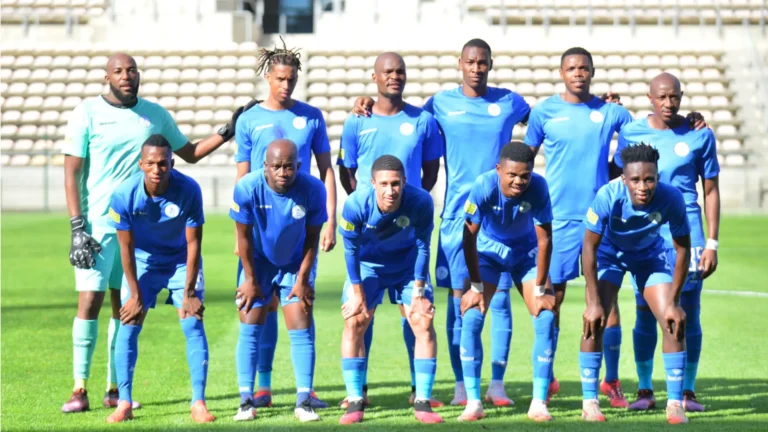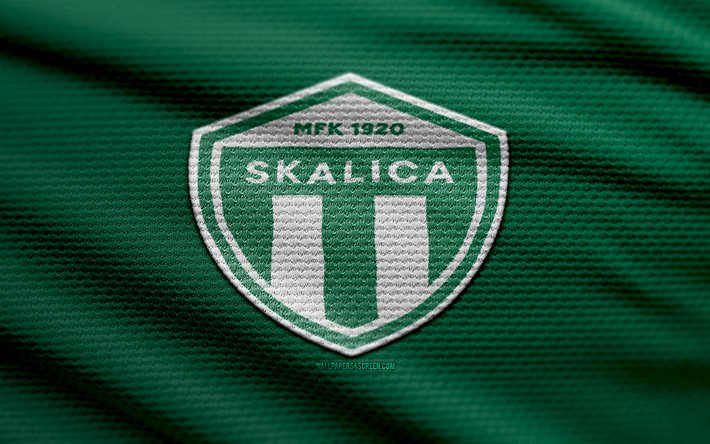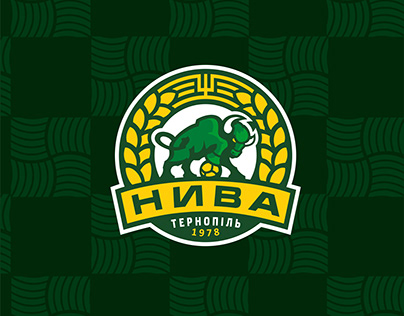
Vukovar 91 FC
Vukovar 91 FC is a football club with deep roots in Croatian sports history, embodying both local pride and resilience. Known for its passionate supporters and its significant role amidst the turbulent history of the region, Vukovar 91 FC remains a symbol of hope and perseverance. This comprehensive article explores the rich history, cultural significance, notable achievements, and future prospects of Vukovar 91 FC, providing insights into what makes this club a unique entity within Croatian and Balkan football 98win.br.com.
The Origins and Historical Context of Vukovar 91 FC
Understanding the origins of Vukovar 91 FC requires delving into the historical and socio-political landscape of Croatia, particularly the city of Vukovar. Founded during a period of intense national upheaval, the club’s inception coincided with a drive to foster community spirit amid conflict and rebuilding.
The early years of Vukovar 91 FC are intertwined with the city’s tumultuous history, including the Croatian War of Independence in the early 1990s. The club was established as a symbol of resilience, reflecting the determination of the people of Vukovar to preserve their cultural identity through sport. Initially, the club played in regional leagues, gradually gaining recognition for its spirited performances and commitment to local talent.
Throughout its formative years, Vukovar 91 FC faced numerous challenges, not only on the pitch but also off it. Financial difficulties, infrastructural damages from the war, and political tensions threatened to derail its progress. Yet, the club’s unwavering dedication and community support helped it survive these hardships, setting the stage for future growth and success.
Founding Principles and Early Development
The founding principles of Vukovar 91 FC were rooted in fostering local talent, promoting community engagement, and serving as a unifying force in Vukovar. The club aimed to create opportunities for youth development, encouraging young players to pursue their dreams despite adversity.
In its initial years, the club adopted a grassroots approach, emphasizing local participation and community involvement. Local businesses and citizens rallied around the team, establishing a sense of ownership and pride. This grassroots foundation became a cornerstone of the club’s identity, helping it withstand economic and social challenges.
Impact of Regional Conflicts on the Club’s Evolution
The Croatian War of Independence had a profound impact on Vukovar 91 FC. During the siege of Vukovar, many club facilities were damaged or destroyed, and players and staff experienced personal hardships. Despite these setbacks, the club’s members displayed resilience, often organizing training sessions in makeshift conditions and maintaining their commitment to the sport.
Post-war reconstruction efforts saw Vukovar 91 FC rebound stronger than before. The community’s desire to heal and rebuild was mirrored in the club’s efforts to restore its infrastructure and revive its competitive spirit. This period marked a turning point, transforming the club into a symbol of hope and endurance.
Rebuilding and Community Engagement in the Post-War Era
Following the conflict, Vukovar 91 FC became more than just a football team; it emerged as a beacon of peace and reconciliation. The club actively engaged in community projects, youth outreach programs, and charity events aimed at healing the wounds of war.
Local government and international organizations supported the club’s rebuilding efforts, recognizing its role in social cohesion. By hosting tournaments, youth clinics, and cultural events, Vukovar 91 FC fostered a sense of unity among diverse ethnic groups and social backgrounds within Vukovar.



